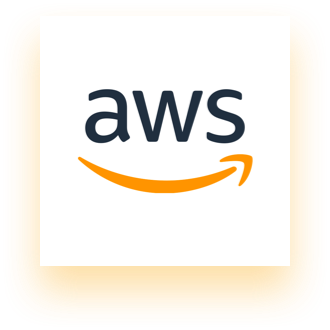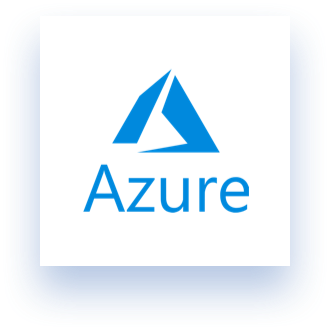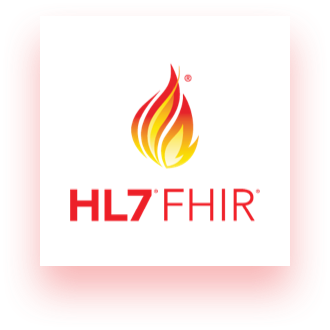
Orbital RX
Location: Winston-Salem, NC
Product: Drug Shortage Management System




As the former pharmacy directors at Wake Forest Baptist Medical Center, the founders of OrbitalRX experienced firsthand the frustrations and increasing severities of drug shortages.
———
THE PROBLEM:
Inadequate Data Systems for Managing Drug Shortages
Hospitals often rely on rudimentary, time-consuming tools, like spreadsheets, to manage their response when a medication is difficult to obtain. As you can imagine, maintaining this data requires great time and effort, pulling pharmacy staff away from their patient-focused activities and risking unsafe medication usage. The inability to properly manage drug shortages decreases the quality of patient care, since pharmacists aren’t able to prescribe necessary drugs when needed.
Recognizing the need for a better and faster way to manage drug shortages, the OrbitalRX team sought Augusto Digital’s help to develop a comprehensive software solution that would empower pharmacy leaders to automate their medication shortage workflows.
A Cloud-Based System that Could Scale Up Over Time
Augusto Digital was thrilled to design a solution architecture for OrbitalRX that would address the priorities of pharmacy departments across the country, bringing better care to their patients.
Our goal was to create a high-functioning system that could be easily scaled up over time. Developing the OrbitalRX system with modern software engineering practices in mind, we built core components such as a RESTful API and ReactJS web application.
We also made sure that all core components utilized Amazon AWS serverless technologies—including Lambda, Relational Database Service, Simple Queue Service, CloudFront, Amazon Simple Storage Service (S3), and CloudWatch—to minimize the burden of supplying this technology to pharmacies around the country. Using these technologies allowed us to develop quickly and in an iterative fashion—while keeping costs to a minimum and operational overhead virtually non-existent.
The OrbitalRX team came to Augusto Digital with an ambitious implementation schedule, so we relied on our experience with agile development methodologies—six-week cycles, broken into two-week sprints—to rapidly develop their first product.
"Augusto Digital has a well-established process that allows them to quickly begin delivering value. They were able to understand our business requirements and iterate quickly as we discovered new information,”
— Mayank Thanawala, CTO, OrbitalRX.
THE CHALLENGES:
Turning Complex, Outdated Systems into Flexible Solutions
In the first six-week cycle, our goal was to turn OrbitalRX’s broad vision into a functional system. We worked in close communication with their team to establish an architecture and develop a Minimal Viable Product (MVP) within those first six weeks of engagement. However, as with any project, we faced several challenges.

First
The first challenge was the complexity of pharmacy information systems. Hospitals have numerous databases—many of which are vastly different from each other—and unique, vendor-specific systems. We tackled this challenge by building flexible integrations that offer an unprecedented view into the state of pharmacies’ operations.

Second
The ability to respond quickly to changing customer needs and market conditions is crucial to success in the modern health care field. The OrbitalRX team needed a system that could not only deliver value from the onset, but also undergo continuous iterations and improvements over its lifetime. By building continuous delivery capabilities into OrbitalRX’s system, we have positioned their team for ongoing growth and a product that is continuously improved with user feedback.
"Augusto Digital gave us an incredible start as a business by not only delivering on their promise of software but also being extremely thoughtful about the architecture they designed"
— Mayank Thanawala, CTO, OrbitalRX.
We’re good listeners. Set up a free initial consultation with Augusto Digital!

At Augusto Health IT, our expertise is in custom software development and design, mobile, & cloud.
Defining the Tech Stack
Amazon AWS serverless technologies:
AWS Lamda: You can run code without provisioning or managing servers, paying only for the compute time you consume.
Amazon Relational Database Service (Amazon RDS): This tool makes it easy to set up, operate, and scale a relational database in the cloud, freeing you up to focus on your applications.
Amazon Simple Queue Service (SQS): This is a fully managed message queuing service that enables you to decouple and scale microservices, distributed systems, and serverless applications, eliminating the complexity and overhead associated with managing message oriented middleware.
Amazon Cloudfront: This is a fast content delivery network (CDN) service that securely delivers data, videos, applications, and APIs to customers globally with low latency and high transfer speeds, all within a developer-friendly environment.
Amazon Simple Storage Service (S3): This is an object storage service that offers industry-leading scalability, data availability, security, and performance, meaning that customers of all sizes can use it to store and protect any amount of data.
Amazon Cloudwatch: This is a monitoring and observability service built for DevOps engineers, developers, site reliability engineers, and IT managers. You can use it to detect anomalous behavior, set alarms, take automated actions, and much more.
